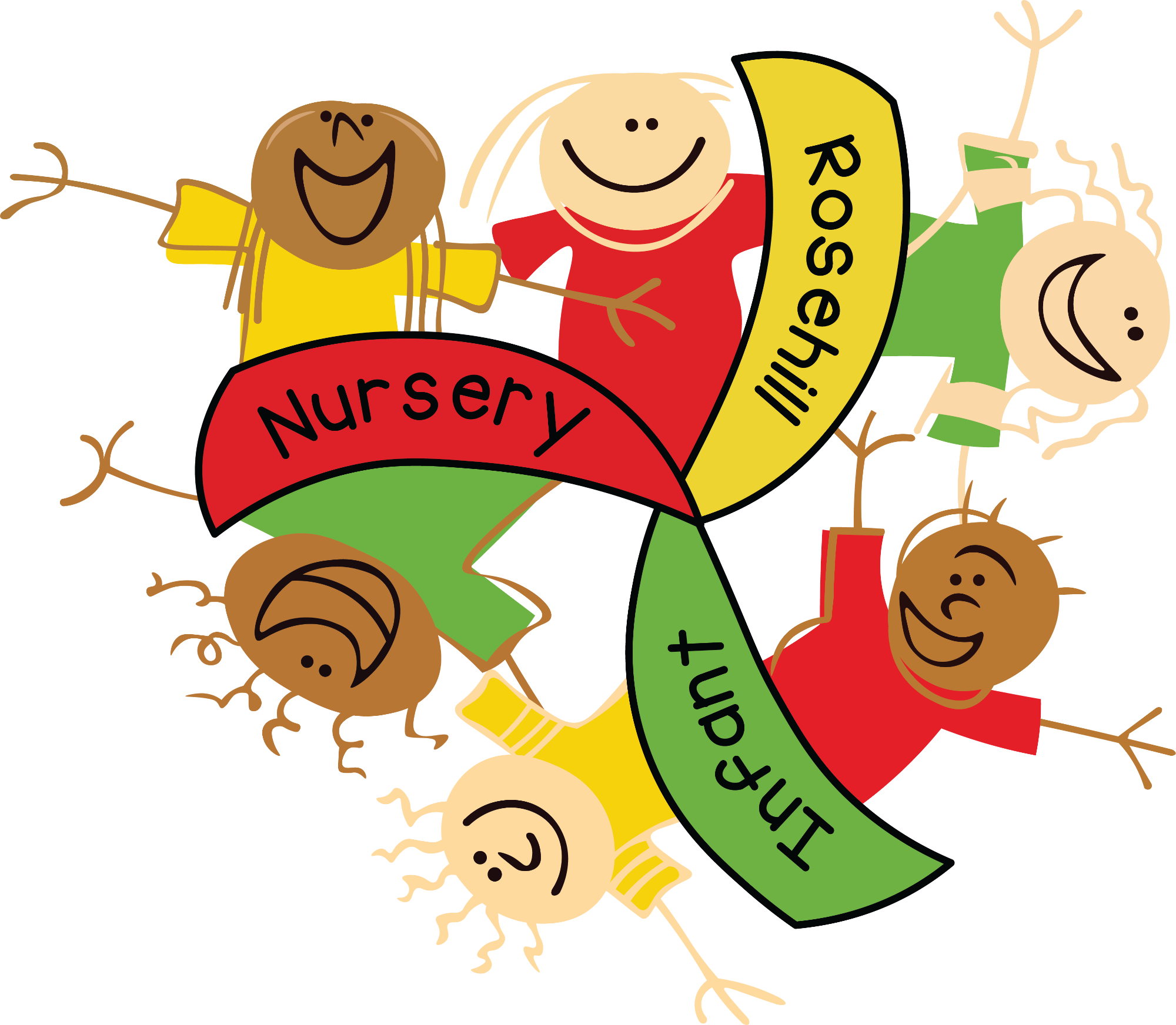Early Years
We recognise that play is an essential part of early learning: it is the life-blood of the learning process. As children play, they are developing the cognitive, socio-emotional and physical skills they will need to take them into a successful adult hood.
Our nursery and reception classes deliver a curriculum based on the framework for the Early Years Foundation Stage. This describes the seven areas of learning and development which “must be implemented through planned, purposeful play”.
The framework also states that “Practitioners must respond to each child’s emerging needs and interests, guiding their development through warm, positive interaction.” We have a fantastic team of adults who put this into practice every day.
In addition, the framework describes three characteristics of effective teaching and learning: playing and exploring; active learning and creating and thinking critically.” These describe exactly the approach we take to learning in our foundation stage
The Prime Areas
Communication and Language
Listening and attention: children listen attentively in a range of situations. They listen to stories, accurately anticipating key events and respond to what they hear with relevant comments, questions or actions. They give their attention to what others say and respond appropriately, while engaged in another activity.
Understanding: children follow instructions involving several ideas or actions. They answer ‘how’ and ‘why’ questions about their experiences and in response to stories or events.
Speaking: children express themselves effectively, showing awareness of listeners’ needs. They use past, present and future forms accurately when talking about events that have happened or are to happen in the future. They develop their own narratives and explanations by connecting ideas or events.
The Specific Areas
Literacy
Reading: children read and understand simple sentences. They use phonic knowledge to decode regular words and read them aloud accurately. They also read some common irregular words. They demonstrate understanding when talking with others about what they have read.
Writing: children use their phonic knowledge to write words in ways which match their spoken sounds. They also write some irregular common words. They write simple sentences which can be read by themselves and others. Some words are spelt correctly and others are phonetically plausible.
The term "literacy" is used by some to simply describe reading and writing however, it covers a much wider range of learning.
Literacy in the early years includes talking about books, print in the environment, early mark making and writing, as well as sharing books and reading.
Each week the children sing a new Nursery Rhyme and have a quality text read to them daily. Each area of our classroom is enhanced with activities which are linked to our key song and book of the week and the children have opportunities to develop their learning, through child initiated play.



